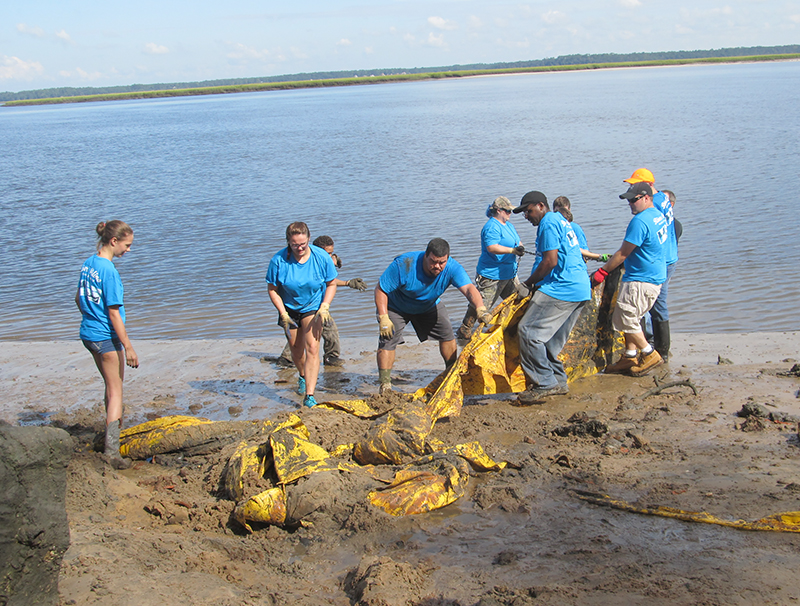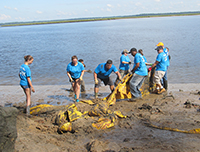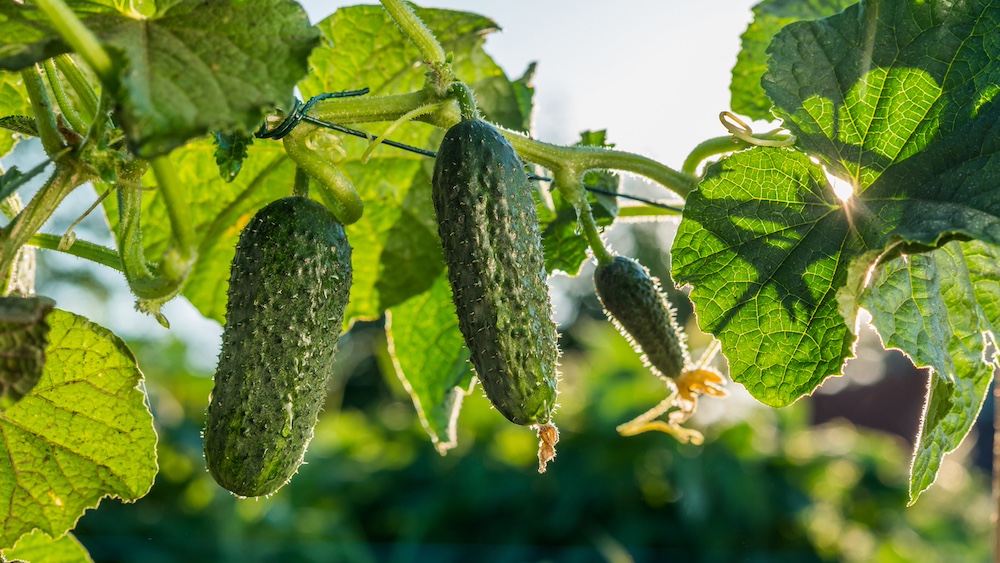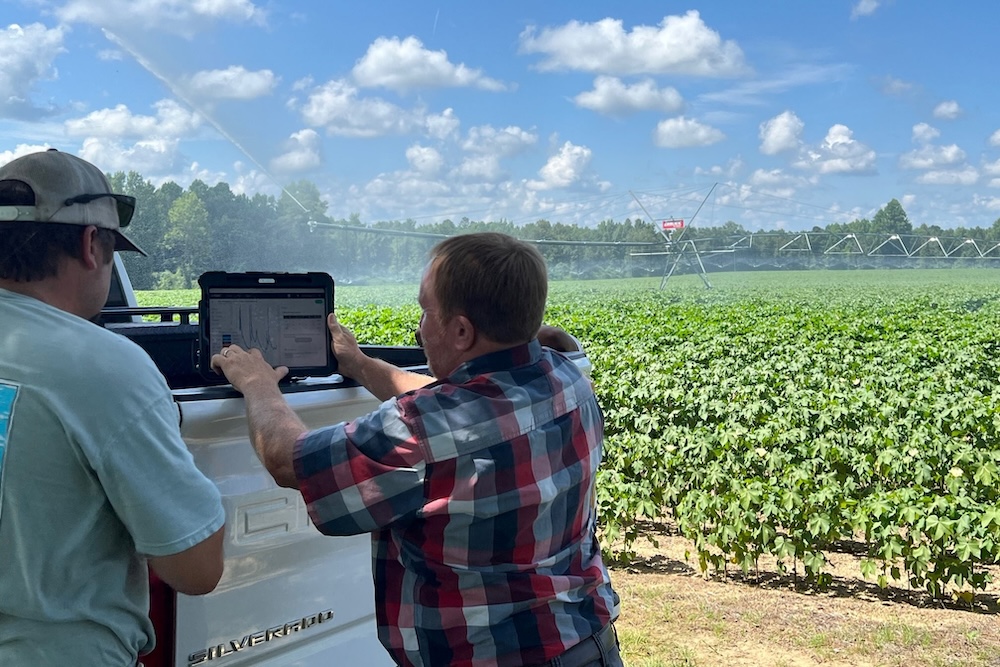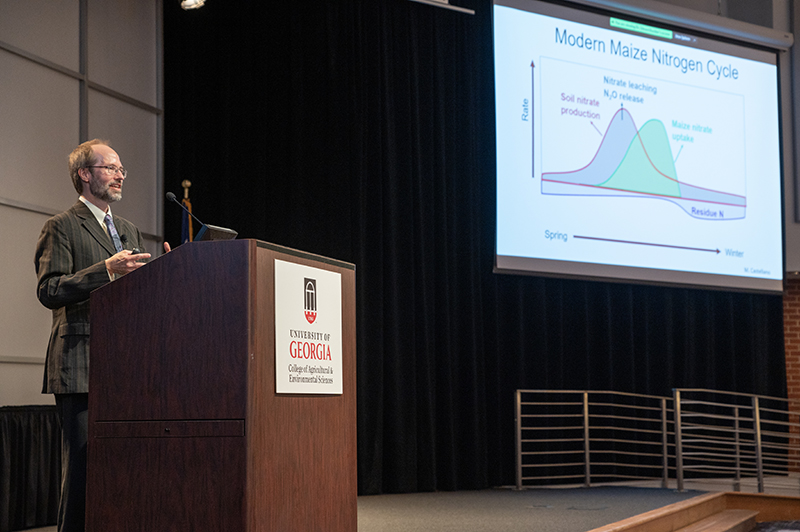Trash discarded in waterways kills fish and other aquatic life, and trash thrown out on roadsides is an eyesore that clogs drains and other infrastructure. To combat this problem, the University of Georgia Cooperative Extension office in Camden County, Georgia, coordinates annual Rivers Alive cleanup events.
Since 2014, the UGA Extension office has organized at least two cleanups per year in Camden County, which is located in southeastern Georgia and borders the Atlantic Ocean.
“I started doing this because, in a coastal community, and everywhere, water quality is important,” said Jessica Warren, Camden County Extension coordinator and Agriculture and Natural Resources agent. “It’s so important for people to know why they should care about what they leave behind.”
This year’s cleanup events will be held on Saturday, Sept. 30, at Crooked River State Park in St. Marys, Georgia, from 10 a.m. to noon and on Saturday, Oct. 14, at the Satilla River Waterfront Park in Woodbine, Georgia, from 10 a.m. to noon.
River and stream cleanup volunteers remove much more than discarded plastic foam fast-food containers. The volunteers often find fishing and boating debris and, further inland, they find larger items, like coolers.
“Some things, especially when you’re on a boat, can go overboard by accident,” Warren said. “However, even cigarette butts contribute to a large amount of litter, and they accumulate quickly. A lot of people just don’t even think of that as litter.”
Warren’s volunteers once found a boat’s holding tank buried in mud. She stresses that this trash can be harmful to area aquatic life. Marine animals can mistake plastic bags for jellyfish and ingest them. The bags may clog their digestive systems, resulting in the animals starving to death, Warren said. When discarded items, like plastic, stay in the water for an extended period of time, they can break down into small particles that marine life consume.
Programs that promote clean communities help to prevent trash from building up. But citizens need to be personally accountable and responsible for their trash for Rivers Alive cleanups to be successful, according to Warren.
“People just need to think about the impact their litter has and why they should be more careful about what they drop and what they leave behind,” Warren said. “Cleaning up after themselves, especially when you’re talking about fishermen and boaters, can make a difference.”
To learn more about marine cleanup efforts, visit riversalive.georgia.gov. Cleanup days are usually held in the fall.
“Water is an increasingly important resource and, as populations and communities grow, it is even more crucial that we are good stewards of our environment and our water resources, not only for the environment’s sake but for our own health and safety as well,” Warren said.
(Julia Rodriquez was an intern for the UGA Tifton campus.)

